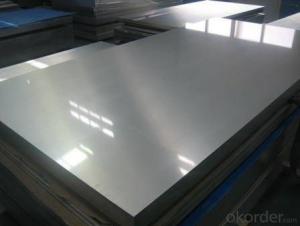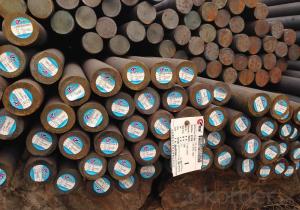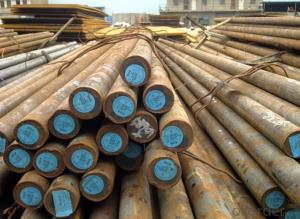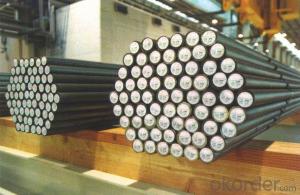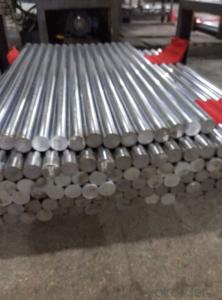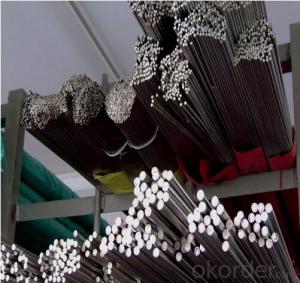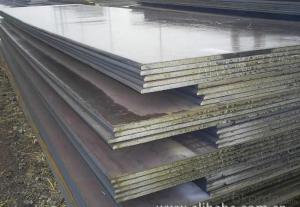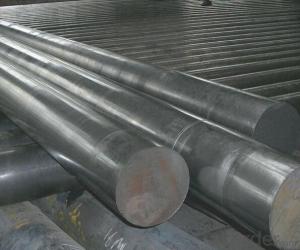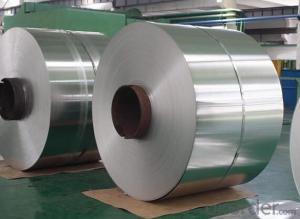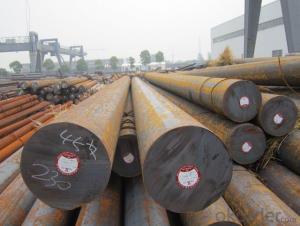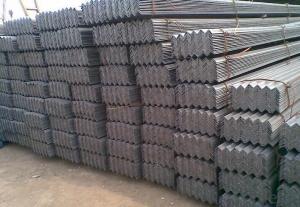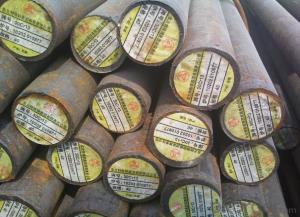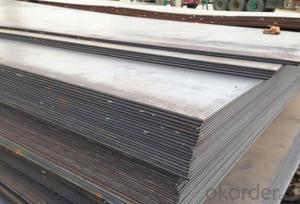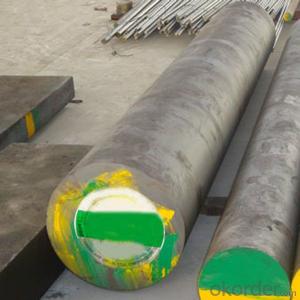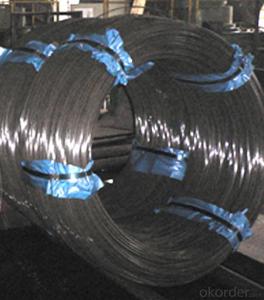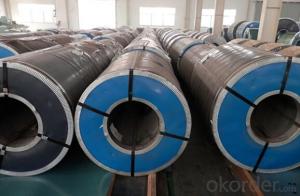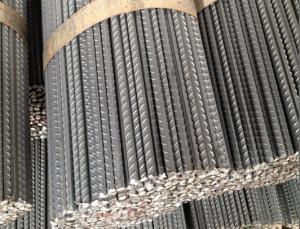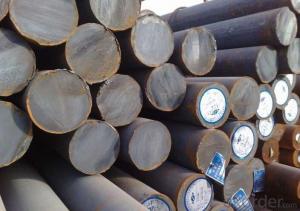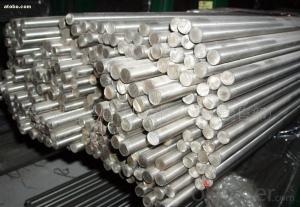All Categories
- - Steel Wire Rod
- - Steel Coils
- - Steel Profiles
- - Steel Pipes
- - Stainless Steel
- - Tinplate
- - Special Steel
- - Steel Sheets
- - Steel Rebars
- - Steel Strips
- - Hot Rolled Steel
- - Cold Rolled Steel
- - Pre-painted Steel
- - Seamless Steel Pipe
- - Welded Steel Pipe
- - Hollow Steel Tubes
- - Galvanized Pipe
- - Stainless Steel Coil
- - Stainless Steel Sheet
- - Stainless Steel Plate
- - Stainless Steel Strips
- - Electrolytic Tinplate Coil
- - Electrolytic Tinplate Sheet
- - Stainless Steel Rebars
- - Solar Panels
- - Solar Water Heater
- - Solar Related Products
- - Solar Inverter
- - Solar Cells
- - Solar Light
- - Solar Energy Systems
- - Solar Controllers
- - Solar Mounting System
- - Solar Pump
- - Solar Chargers
- - Fiberglass Chopped Strand
- - Fiberglass Mesh Cloth
- - Composite Pipes
- - FRP Pultrusion Profiles
- - Fiberglass Mat Tissue
- - Fiberglass Fabrics
- - Fiberglass Mesh
- - Composite Tank
- - Fiberglass Mesh tape
- - Polymer
- - FRP Roofing Panel
- - Fiberglass Roving
- - Monolithic Refractories
- - Ceramic Fiber Products
- - Refractory Bricks
- - Raw Materials For Refractory
- - Suspended Platform
- - Cranes
- - Concrete Machinery
- - Earthmoving Machinery
- - Building Hoist
- - Road Building Machinery
- - Plastic Pipe Fittings
- - Plastic Tubes
- - Plastic Sheets
- - Agricultural Plastic Products
- - Plastic Nets
 All Categories
All Categories
Q & A
What are the challenges in producing large-scale special steel components for offshore wind turbines?
The challenges in producing large-scale special steel components for offshore wind turbines primarily revolve around the complexities of the manufacturing process, logistical issues, and the harsh operating conditions in offshore environments.
One major challenge is the sheer size and weight of these components, which requires specialized equipment and facilities for fabrication, transportation, and installation. The manufacturing process must also ensure high precision and quality control to meet stringent safety standards and performance requirements.
Moreover, the offshore environment poses additional challenges, such as exposure to corrosive saltwater, extreme weather conditions, and limited accessibility. The steel components need to be designed and fabricated to withstand these harsh conditions, ensuring long-term durability and reliability.
Furthermore, the logistics of transporting and installing these large components offshore can be complex and costly. It involves coordinating multiple vessels, cranes, and heavy-lifting equipment, as well as dealing with unpredictable weather conditions and limited installation windows.
Overall, the production of large-scale special steel components for offshore wind turbines requires a comprehensive understanding of the unique challenges involved, along with advanced manufacturing techniques, robust quality control measures, and efficient logistical planning to ensure successful deployment and operation in offshore wind farms.
What are the critical factors to consider when selecting special steel for specific applications?
When selecting special steel for specific applications, there are several critical factors that need to be considered. Firstly, the mechanical properties of the steel, including its strength, toughness, and hardness, must be evaluated to ensure they align with the requirements of the application. Additionally, the corrosion resistance of the steel is crucial, as it determines its ability to withstand exposure to various environments. The steel's heat resistance and thermal conductivity should also be taken into account, especially for applications involving high temperatures. Furthermore, factors like cost, availability, and ease of fabrication may influence the selection process. Ultimately, a comprehensive analysis of these critical factors is essential to ensure the chosen special steel is suitable for the specific application.
What are the key differences between quench hardening and tempering in steel processing?
Quench hardening and tempering are two important processes used in steel processing, but they have distinct differences. Quench hardening involves heating the steel to a high temperature, followed by rapid cooling in a liquid medium, typically oil or water. This process results in an extremely hard but brittle steel. On the other hand, tempering involves reheating the hardened steel to a lower temperature and then slowly cooling it. This process reduces the hardness and increases the toughness of the steel, making it less brittle. In summary, quench hardening creates a hard but brittle steel, while tempering reduces the hardness and increases the toughness of the steel.
How are inclusions characterized and classified in metallurgy?
Inclusions in metallurgy are characterized and classified based on their shape, size, and chemical composition. They can be spherical, elongated, or irregular in shape, and their size can range from micrometers to millimeters. Inclusions are classified as non-metallic or metallic, depending on their chemical composition. Non-metallic inclusions are further classified into oxide, sulfide, nitride, and carbide inclusions, based on the elements they contain. Metallic inclusions, on the other hand, are classified based on their origin, such as deoxidizers, refractories, or wear particles. The characterization and classification of inclusions help metallurgists understand their impact on the mechanical properties and performance of the metal, allowing for better quality control and material selection in various applications.
Wholesale Special Steel from supplier in France
Our team of experts is dedicated to understanding your specific requirements and providing you with tailored solutions. Whether you need Special Steel bars, tubes, plates, or any other product, we can source it for you from our vast network of trusted suppliers.
In addition to our sales services, we also offer competitive quotations to ensure that you get the best value for your money. Our experienced sales team will work closely with you to understand your budget and deliver cost-effective solutions without compromising on quality.
Furthermore, we provide technical support services to assist you in selecting the right Special Steel products for your projects. Our knowledgeable engineers can offer guidance on material properties, product specifications, and application suitability. We aim to be your trusted partner throughout the entire procurement process, from initial inquiry to product delivery.
As a subsidiary of CNBM, we benefit from their global reach, financial stability, and industry expertise. This backing allows us to offer reliable and efficient services to our customers in France. We are committed to building long-term relationships with our clients and strive to exceed their expectations with our professionalism and dedication.
Contact us today to discuss your Special Steel requirements and discover how our products and services can support your projects in France.
In addition to our sales services, we also offer competitive quotations to ensure that you get the best value for your money. Our experienced sales team will work closely with you to understand your budget and deliver cost-effective solutions without compromising on quality.
Furthermore, we provide technical support services to assist you in selecting the right Special Steel products for your projects. Our knowledgeable engineers can offer guidance on material properties, product specifications, and application suitability. We aim to be your trusted partner throughout the entire procurement process, from initial inquiry to product delivery.
As a subsidiary of CNBM, we benefit from their global reach, financial stability, and industry expertise. This backing allows us to offer reliable and efficient services to our customers in France. We are committed to building long-term relationships with our clients and strive to exceed their expectations with our professionalism and dedication.
Contact us today to discuss your Special Steel requirements and discover how our products and services can support your projects in France.
